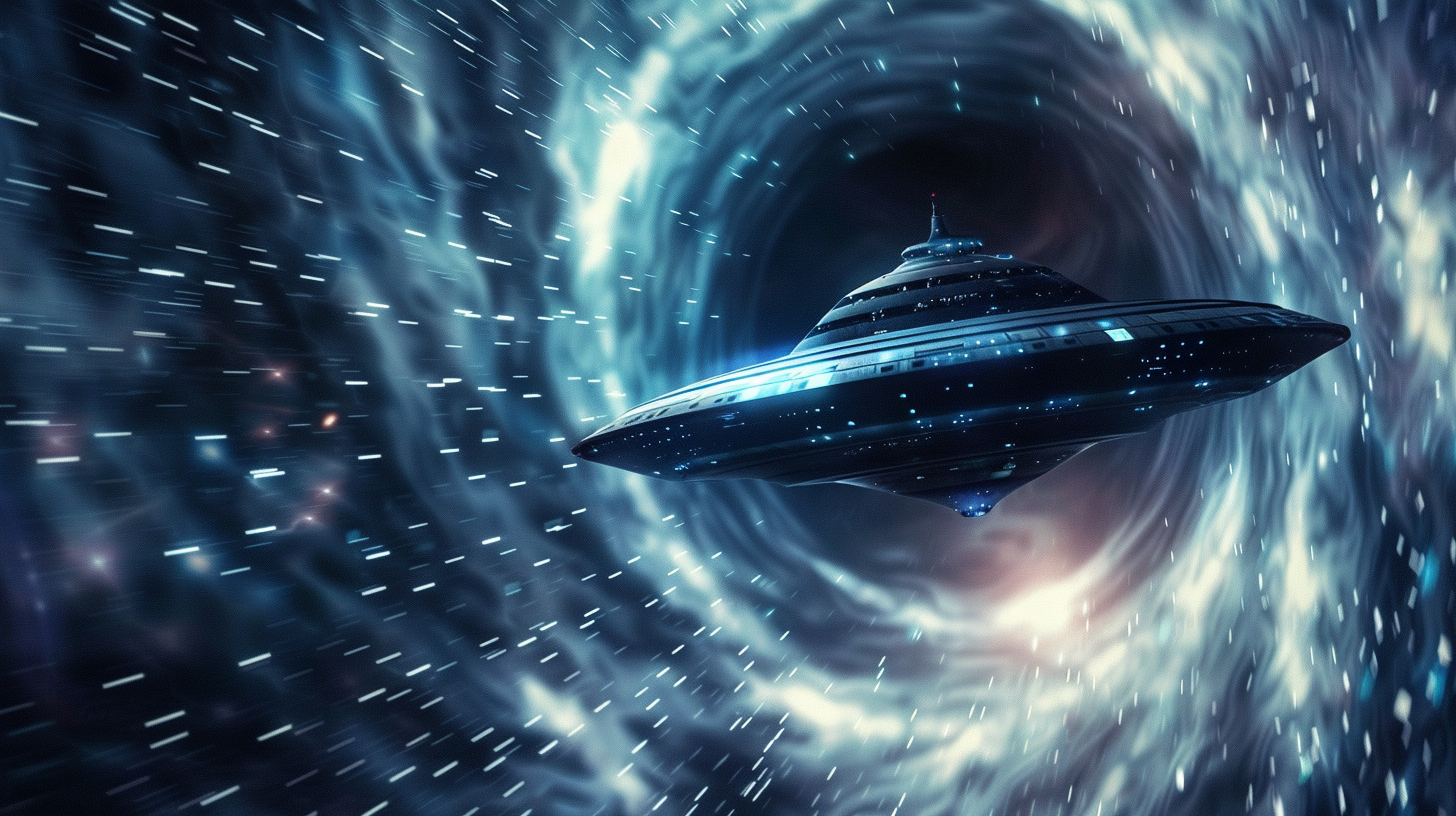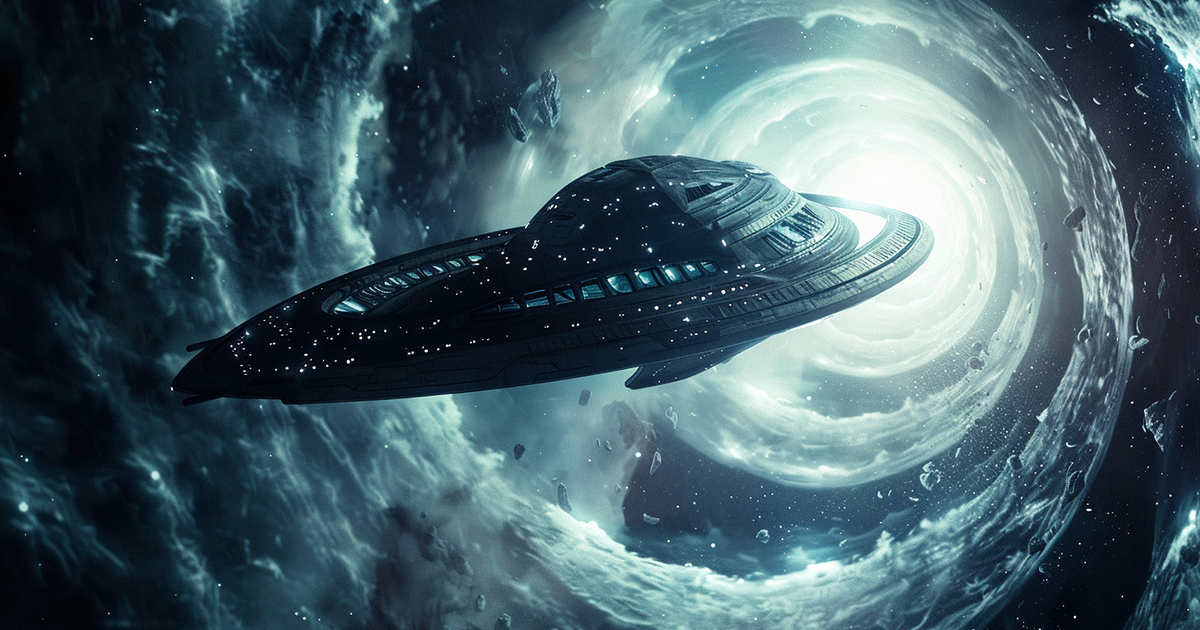Among the vast expanse of scientific exploration, few concepts spark imagination as intensely as the notion of wormholes. Originally conceived by Albert Einstein and Nathan Rosen in 1935, these theoretical passages through spacetime offer a tantalizing glimpse into the potential of interstellar voyages. Despite its frequent portrayal in science fiction and popular media, recent advancements in theoretical physics have brought new perspectives on the plausibility of these cosmic gateways.
At its core, a wormhole acts as a cosmic bypass connecting distant points in spacetime over colossal distances. Picture a folded and punctured sheet of paper where remote locations are seamlessly linked by a tunnel. This intriguing concept suggests the ability to navigate the immense reaches of the universe through these cosmic corridors.
However, the challenges of achieving this vision are formidable. The energy requirements for constructing a traversable wormhole far exceed our current technological capabilities. The theoretical necessity of exotic matter with negative mass adds another layer of complexity to the equation. While this exotic matter remains theoretical, its presence could unlock the mysteries of wormhole travel.

Moreover, the origins of wormholes may date back to the tumultuous beginnings of the Big Bang itself. Some theories propose that the massive event not only gave birth to our universe but also spawned numerous tiny wormholes. These minuscule openings could have expanded and evolved into navigable pathways traversing the cosmos over billions of years.
One of the most captivating speculations surrounding wormholes pertains to their potential influence on ancient history. Could it be possible that extraterrestrial beings, utilizing these cosmic portals, visited Earth in ancient times? This idea resonates with ancient astronaut theories suggesting that encounters between early humans and enigmatic entities might have been facilitated by alien travelers journeying through these theoretical conduits.
While the scientific community grapples with the complexities of wormhole theory, one fact remains indisputable: the fascination of interstellar travel captivates the human mind. Whether as an academic pursuit or a realm of imaginative reflection, the concept of wormholes prompts us to contemplate the mysteries of the cosmos and our place within it.
In conclusion, delving into the theoretical realm of wormholes not only reveals the boundless potential of human curiosity but also exposes the intricate tapestry of the universe itself. While achieving interstellar travel through these cosmic gateways may currently elude us, the pursuit of knowledge propels humanity’s understanding closer to the uncharted territories of the cosmos.
